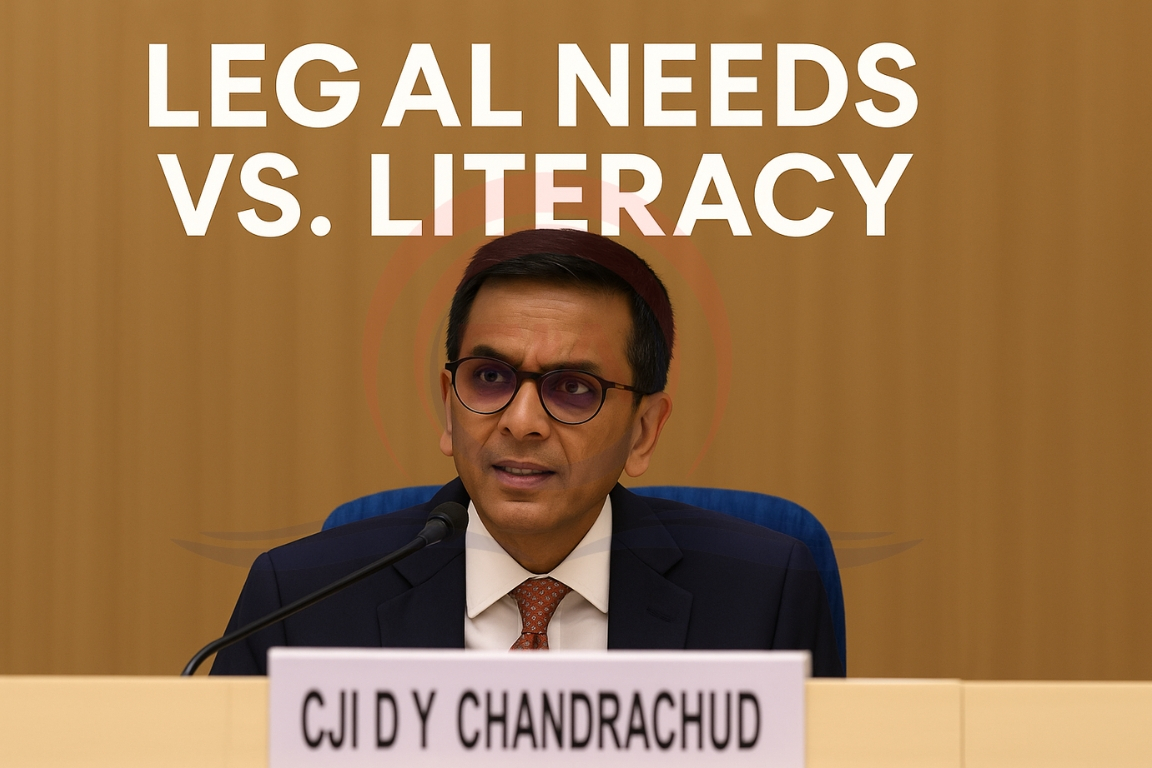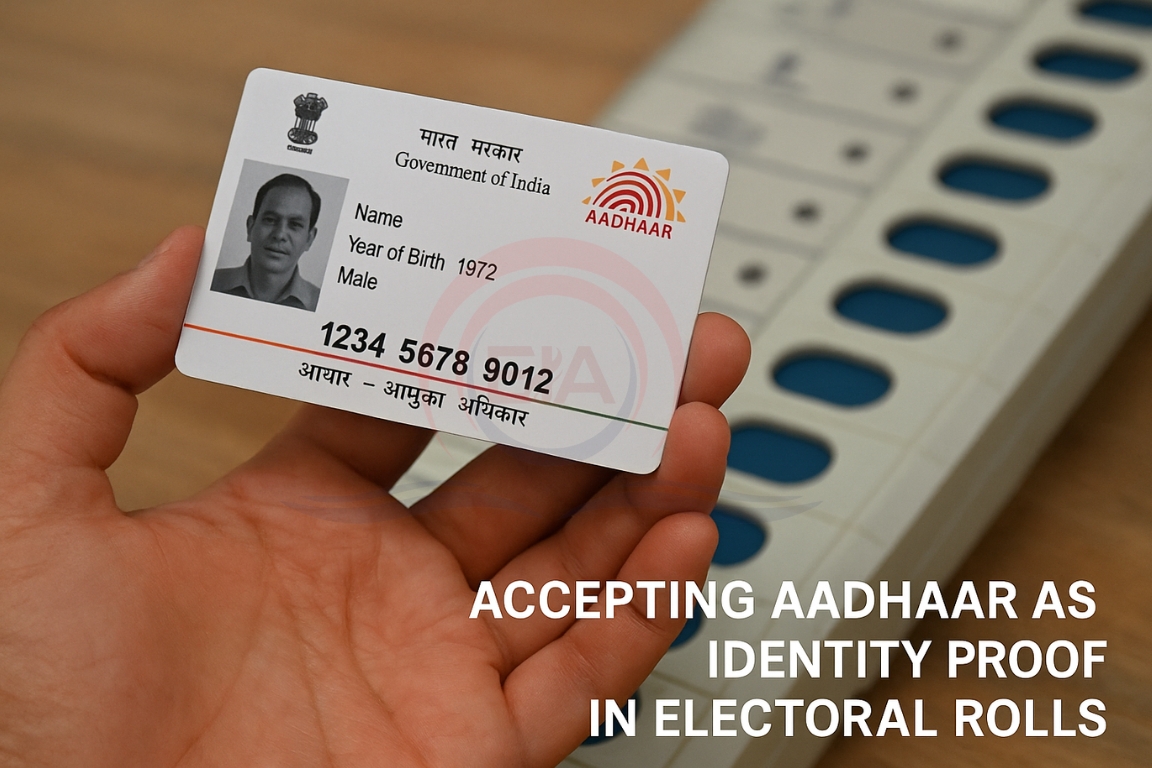The Election Commission of India (ECI) has initiated a Special Intensive Revision (SIR) of electoral rolls in Bihar ahead of the upcoming Assembly elections. This move has triggered legal and political concerns about its legality and timing, with multiple petitions filed in the Supreme Court.
Legal Framework for Electoral Rolls
- Article 326 of the Constitution: Grants all adults the right to vote unless disqualified by law.
- Essential Criteria: Must be an Indian citizen and at least 18 years of age.
- Representation of the People Act (RPA), 1950:
- Section 19: Voter must be 18+ and an ordinary resident.
- Section 20: Ownership of property doesn’t count as residence; temporary absence doesn’t end ordinary residency.
- Disqualifications include mental unsoundness declared by a court and certain legal restrictions.
ECI's Powers and Limitations
- Article 324 gives the ECI wide powers over elections, often called a “reservoir of power”.
- However, these powers are not unlimited. The Supreme Court has clarified:
- ECI must act according to law where laws exist.
- It can act independently only when law is silent (Mohinder Singh Gill case, 1978).

Issue with Qualifying Date and SIR
- The ECI’s order uses July 1, 2025 as the qualifying date.
- But under Section 14 of RPA, the valid qualifying date is January 1.
- Section 21(3) allows special revisions only for a constituency or part, not an entire state.
- The term “Special Intensive Revision” is not defined in any election law.
Concerns with Documentation and Procedure
- Citizens cannot be denied registration for not having strict documents.
- Rule 8 of Registration Rules: People must provide information “to the best of their ability”.
- Electoral officers must follow natural justice and not arbitrarily reject applications.
POWERS OF THE ELECTION COMMISSION OF INDIA (ECI)
- Conduct of Elections
- Organizes and conducts elections to:
- Lok Sabha and Rajya Sabha
- State Legislative Assemblies and Councils
- Offices of the President and Vice President of India
- Organizes and conducts elections to:
- Control over Election Process
- Prepares and revises electoral rolls.
- Decides the schedule (dates) for elections.
- Ensures free and fair elections using model code of conduct.
- Recognizing Political Parties
- Grants recognition to political parties as national or state parties.
- Allots election symbols to them.
- Disqualification of Candidates
- Advises the President or Governor on disqualification matters under the Representation of the People Act.
- Monitoring Election Expenses
- Sets limits for election expenditure by candidates.
- Examines financial reports submitted by candidates and parties.
Conclusion:
The ECI must uphold the law and not go beyond its constitutional and statutory limits. Oversight and legal compliance are vital to ensure free, fair, and inclusive elections.





